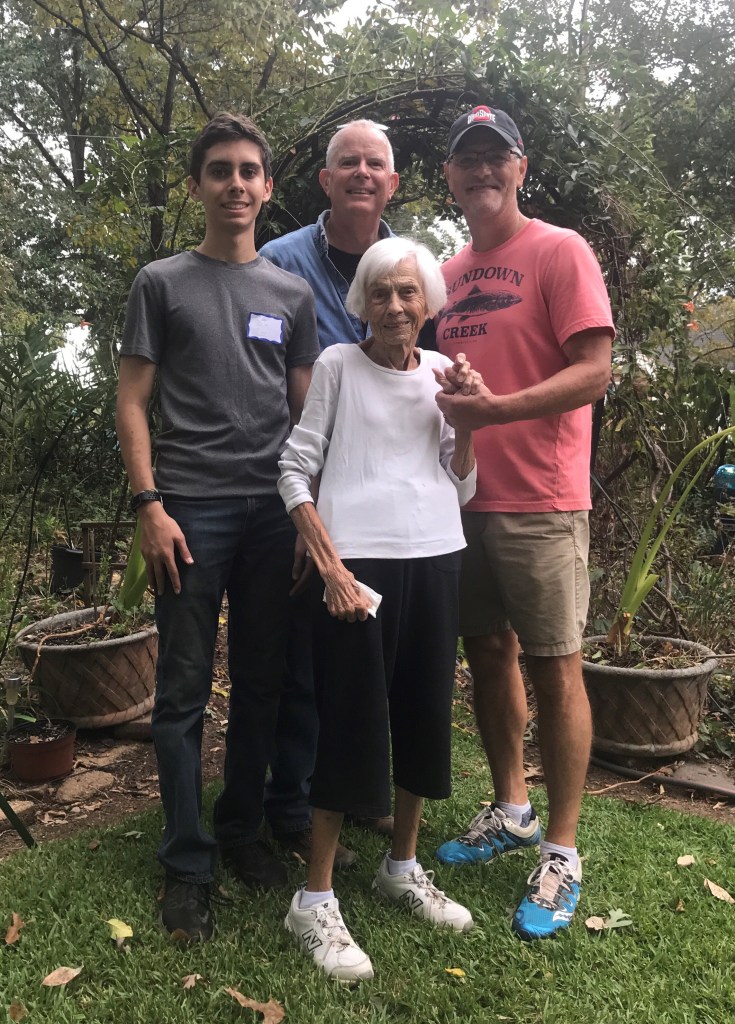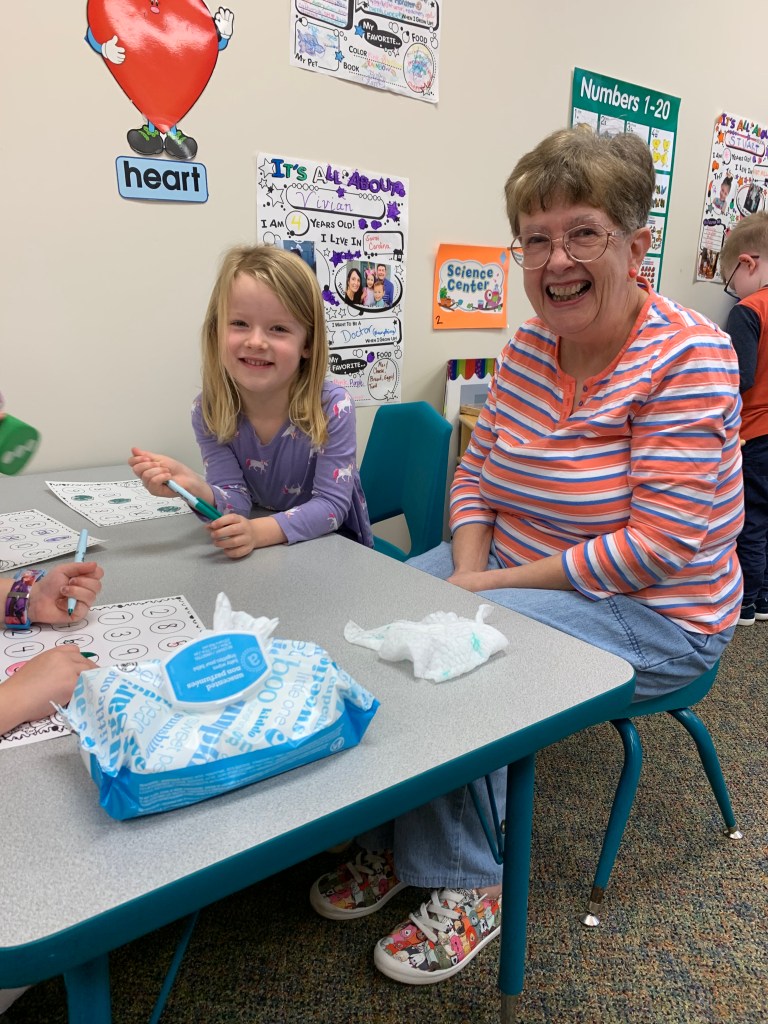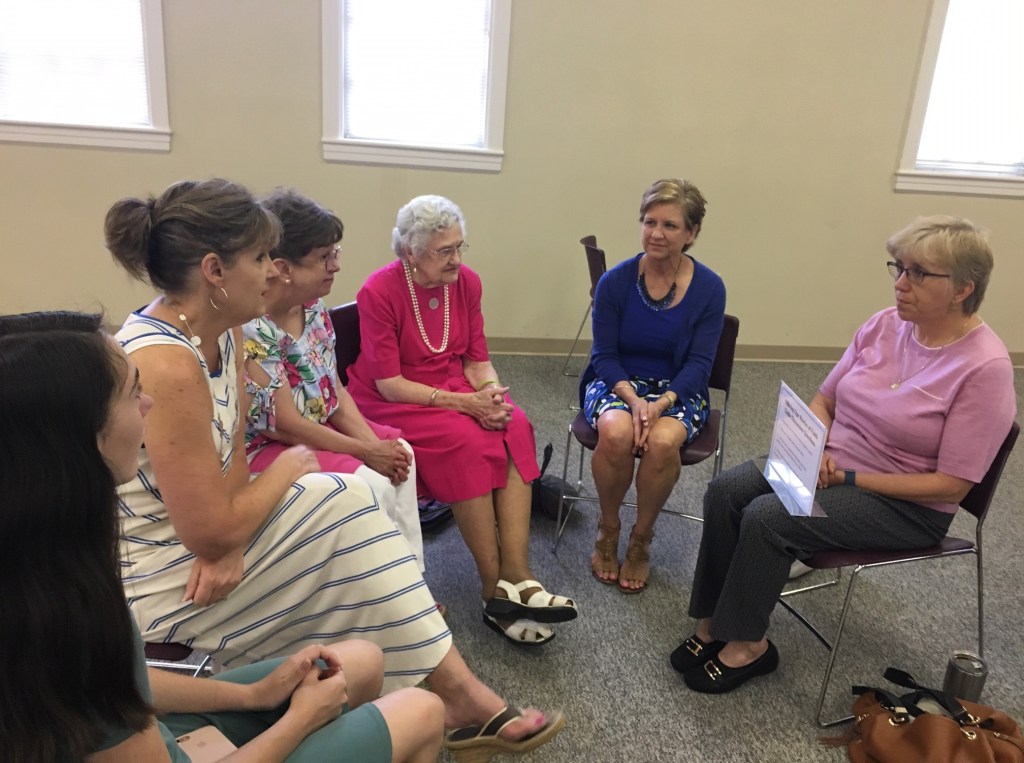Post 9 of 11 in a series on the 10 Principles of Older Adult Ministry (banner image by Raul Petrie from Unsplash)
Older adults are not the only ones who benefit from multi-generational interactions. Faith formation research has begun to demonstrate how important intergenerational experiences are for people of all ages.[i] Often, though, our church programs are divided by age group. Prior to the pandemic, worship was sometimes one of the only activities in the church in which people of different generations regularly participated together. Multi-generational ministry should not be isolated just to worship.
How can the church offer more ministry opportunities that cross generational lines, building authentic relationships and benefiting all ages? Sometimes it’s as easy as seeing what skills or experience older adults have and matching those with needs in your ministries for children, youth, or younger adults. One church preschool has what they call VIPs (Very Important People) who volunteer to read to children, cut out and copy items for teachers, or help during center and snack time. The older adults love interacting with the young children. Special relationships are built that continue outside of preschool. When you plan programs for children and youth, be intentional about inviting older adults to participate in ways they are able. This could include chaperoning a mission trip, serving in the nursery, being a confirmation sponsor, volunteering to help a family with new twins, or writing birthday cards to the younger children in your congregation. It takes broadening our expectations of who can serve in particular ministries and listening to the needs, gifts, and limitations of our older adults to find ways they can serve. You may be surprised to find that special life-long relationships are built between people of different generations through these ministries.
Churches should also intentionally plan ministry opportunities where several generations learn, serve and grow together. Your church might plan a church-wide mission day that gathers people of all ages in small groups to serve together. Some ideas are baking cookies for community helpers, sewing blankets for the children’s hospital, or packing “Gift of the Heart” kits for Church World Service. During the pandemic, some churches began pen pal programs with families with young children or teens and isolated older adults. This type of “Adopt-a-Grandparent” program can foster relationships that last for many years, bringing joy to everyone involved. Some congregations offer grandparent/grandchild camp, a VBS type experience for children and older adults (either biological or adopted) to hear and respond to Bible stories together, learning from each other along the way. One church offers “Sharing our Stories of Faith,” an opportunity for adults from 18-100+ to share their faith stories in a multi-generational group. It has brought together adults of all ages for deep faith conversations, allowing them to better understand those of different generations and consider ways to support and nurture each other.
What ways might your congregation intentionally bring together older adults with those of other generations to more fully live into the kingdom of God on earth?

[i] Roberto, John. “Envisioning the Future of Intergenerational Faith Formation.” Lifelong Faith, Lifelong Faith Associates.





